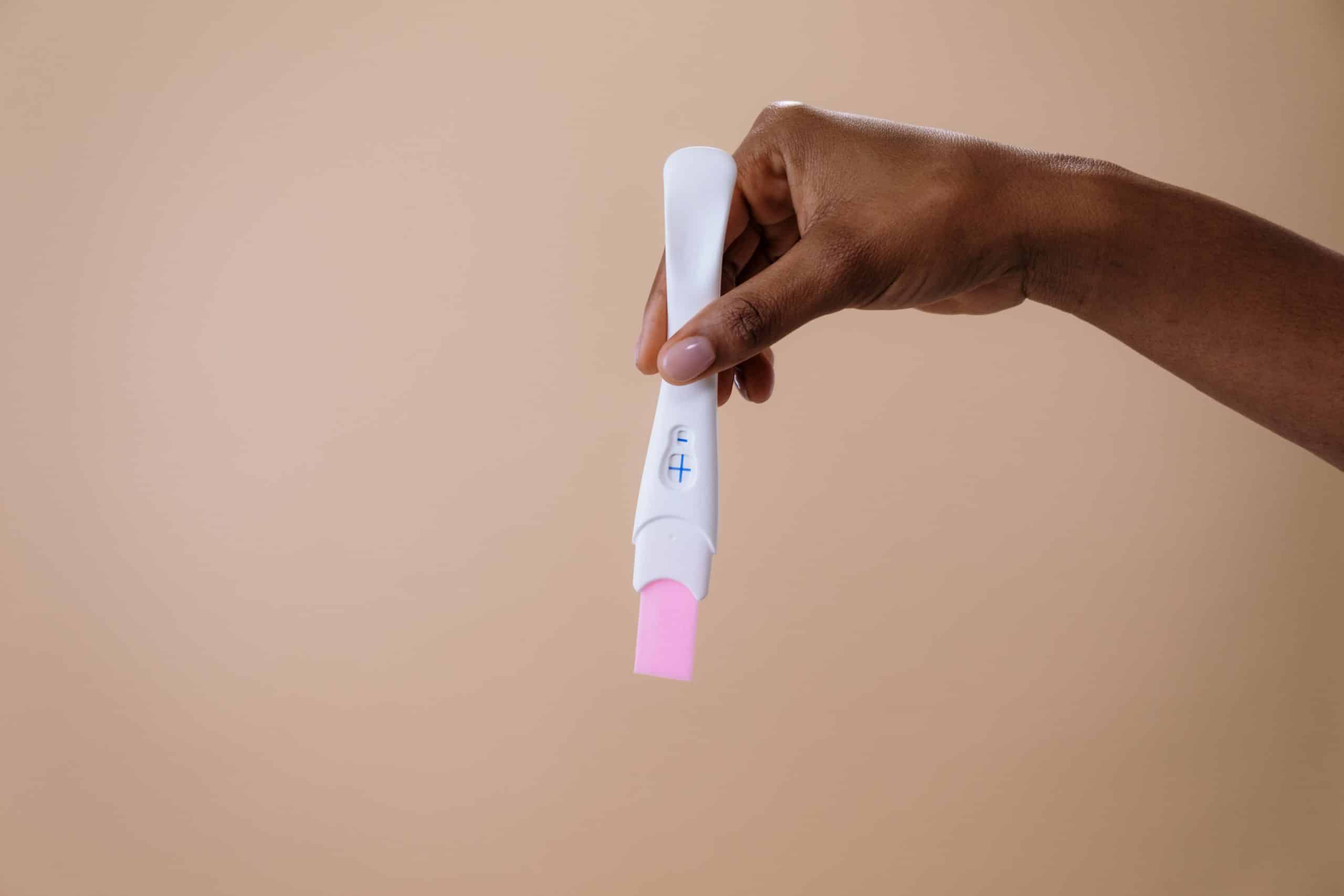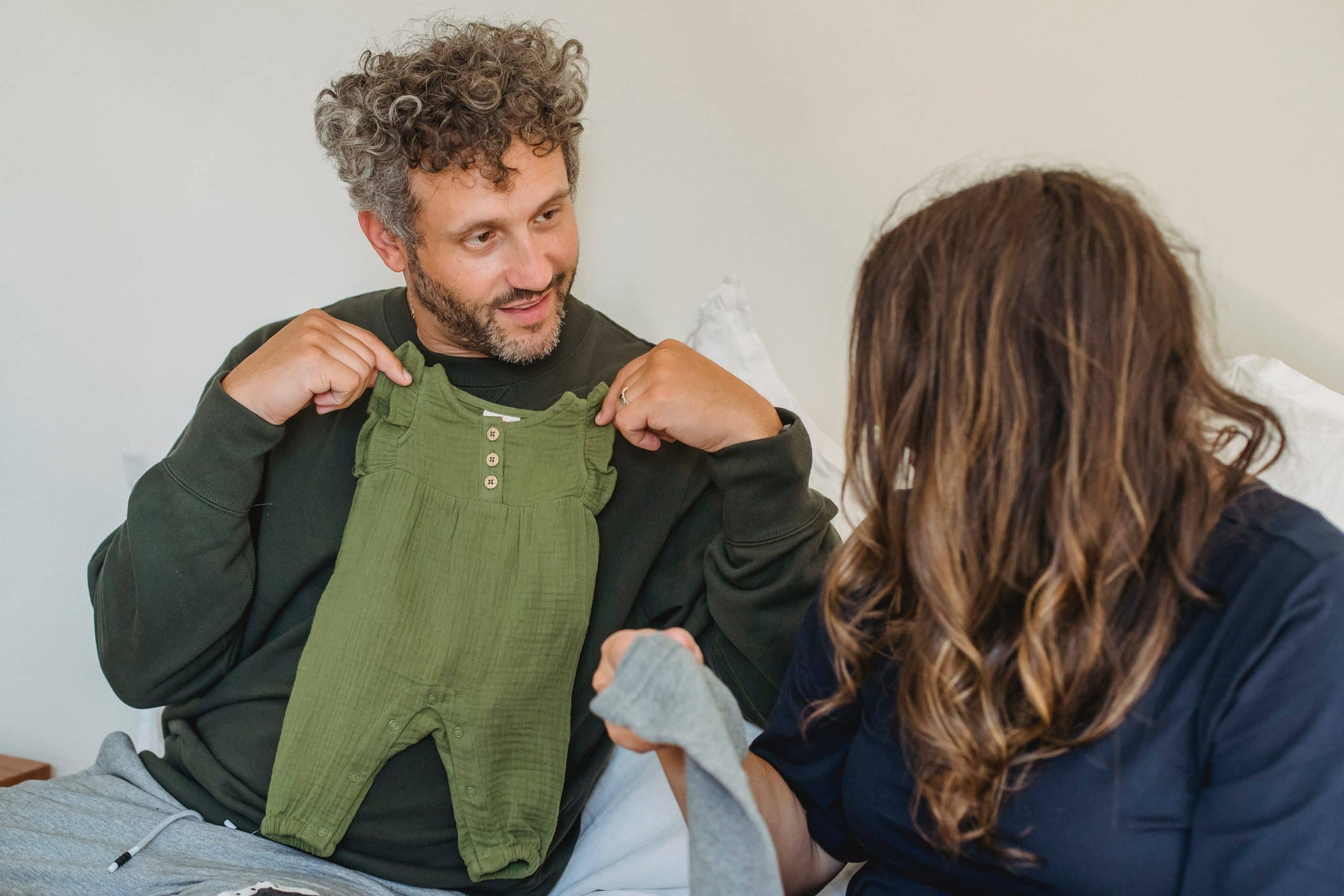How do articulate the misery of a mother who had just lost her child when the baby hadn’t even completed its course in the womb? Are there any words that can truly verbalise the agony of the once hopeful mother who spent every breathing moment conjoined to her offspring in spirit and flesh?
The tragedy of miscarriage is largely a private matter and underplayed by many. Janet Jaffe, PhD, a clinical psychologist at the Center for Reproductive Psychology in San Diego and co-author of the 2010 book “Reproductive Trauma: Psychotherapy with Infertility and Pregnancy Loss Clients” says, “Miscarriage is a traumatic loss, not only of the pregnancy, but of a woman’s sense of self and her hopes and dreams of the future. She has lost her ‘reproductive story,’ and it needs to be grieved.”
After a miscarriage, women often experience psychological distress. Anxiety and depression are common and symptoms often persist. Depression following miscarriage persisted for up to a year, and a longitudinal study of over 13,000 women in the United Kingdom was done and these women had experienced previous prenatal losses. Findings revealed that some of them experience depressive and anxiety symptoms after 33 months.
Professor Emma Robertson Blackmore, PhD, from University of Rochester Medical Center adds that even after having a healthy child, women who miscarry have a higher risk of postpartum depression.
There’s an old wives superstition that you shouldn’t tell anyone you are pregnant until you after 12 weeks. This also means that if couples suffer from miscarriage before that milestone, they tend to not tell anyone about the pregnancy at all. This may result in profound psychological effects of early pregnancy loss being brushed under the carpet.
A common misconception about miscarriage is that the earlier the loss is, the less impactful the grief will be. Martha Diamond, PhD, who wrote with Jaffe, explains, “While the medical experience might vary, it depends on the meaning of the pregnancy to that person.”
Dr Kamini Rajaratnam, a psychiatrist with an interest in perinatal psychiatry expounds, “When couples miscarry early, people expect them not to grieve because it wasn’t a baby. But for them it was a baby.”
“They saw a pregnancy test kit. They rejoiced, they celebrated it. They might even have planned a life with this baby.”
SY, 34, is a young mother of a 5-year-old daughter. She wanted a sibling for Ashley, but had three miscarriages trying.
“I always only discovered the bad news at the gynae. Each time it happened I would be in shock and disbelief. After reality set in, the disappointment and sadness was overwhelming. I wouldn’t want to do anything for the first few days and would break down from time to time if i couldn’t find things to distract myself with,” recalls SY.
Many who suffer a loss of any type will go through a number of stages before emotional healing. The first would be shock and denial, a mental mechanism designed to protect one’s psyche from the trauma of loss.
The next stage would be anger and guilt. The grieving process often includes ‘retroactive bargaining’. This process simply means to fantasise about different paths and outcomes and wonder if there was anything that could have been done to avoid the remorse, regret and shame. Often, this results in self-blame and guilt. The latter can be more intensified for those who felt ambivalent about the pregnancy.
Sadness is inevitable, and many fall into a depressive state. The symptoms of depression would include feelings of despair, loss of appetite and sleep and losing interest in things. SY revealed that there were physical treatments to complete the miscarriages but there wasn’t therapy offered.
“Emotionally we didn’t seek help or treatment. For the first and second times, I mostly garnered my emotional support from my husband. Partly it felt like no one else could fully understand what we had gone through nor could they be of any help.”
“I looked for support groups after the third miscarriage and joined one on Facebook but felt more upset reading all the sad experiences everyone had. We’ve only had one gynae but my experience is that she mainly focused on figuring out went wrong physically and how to tackle the problems. She never asked if we were coping ok emotionally and mentally, or whether we needed help in that area. It sort of felt like we just had to close the chapter and move on.”
Currently it feels like it’s mostly the imperative of the couple to reach out for help, but it is important to not minimise the significance of a miscarriage and get support.
The final stage would be acceptance. At this point, the couple would have come to terms with the loss. That does not mean that they will forget or have healed completely, but they are able to go on with life.
The fathers may look like they are the stronger partner, but oftentimes they are coerced to be so. Commonly, they will also try to be the stalwart partner for their wives and put their own feelings aside. Their sadness and grief can also be highly profound. The seemingly tougher gender would be less open or visible about their grief.
The differing responses between men and women may also give rise to a sort of quandary. Men may feel inadequate and helpless when they aren’t able to resolve their partner’s grief. There could be miscommunication on how the couple handles the matter – one of them could be an avoidant and not bring it up, the other will feel that the partner does not care.
Professional counsellors can help to mediate the situation through a combined therapy session. They will find themselves getting the help and support they need when the therapist works through the pain and stress of disappointment, self-doubt and family or cultural expectations. After experiencing loss, the couple will be deeply in need of empathy and understanding, which they might not be getting from people around them or even from their partners.
Men may be guided as to how to express their care and open up about their feelings. For example, they can watch the other kids, take charge of household chores or take their partner out on dates.
What’s imperative is to believe that healing is possible. Grief may take time and there isn’t a roadmap visible, but private therapists will adopt various strategies, including mind-body wellness approaches, storytelling or ‘empty-chair’ methods to get the couple on to the path of recovery.
Sources
https://www.apa.org/monitor/2012/06/miscarriage
https://www.ncbi.nlm.nih.gov/pmc/articles/PMC4468887/#bib9
Known as Nate, I am someone who cannot quit wielding the pen or punching the QWERTY, no matter where life brings me. Writing has always been the most effective conduit for channeling my wanted or unwanted opinions since I was an undergraduate at NUS. Naturally, I used this skill as a means of sustenance after working as a writer and editor for many years until I decided to start a business in music. That did not put a halt to my marriage with the vernacular.
In October 2016, I graduated with my Masters in Visual and Media Anthropology, which is the study of cultures through films and photography, at Freie Universität Berlin. This transitory period of residing in two cities has pushed the boundaries of my creativity and my battles with word count have not ceased.
Now a new mode of writing, the academic one, has been added to my existing smorgasbord of corporate and lifestyle collaterals, articles, advertisements, annual reports and books. At the moment, my learning curve is an uphill journey as I attempt to grasp the camera for stills and motion clips, while I juggle that with developing my love affair with my other mode of expression – electronic music.










